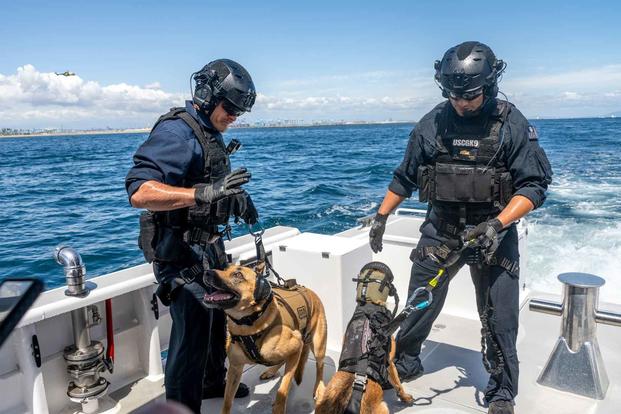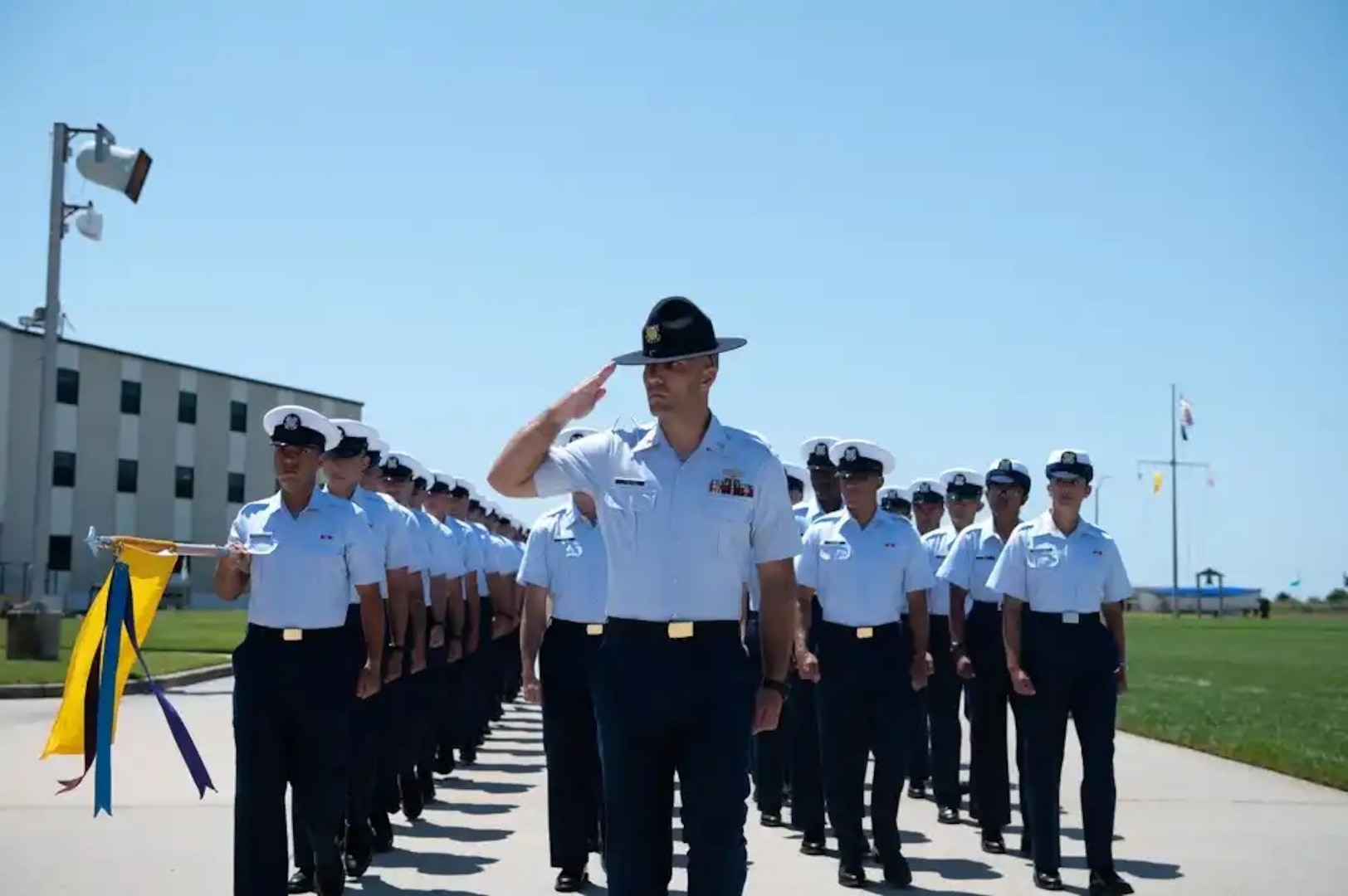5 Coast Guard Jobs

Introduction to Coast Guard Jobs

The United States Coast Guard is a unique branch of the military that operates under the Department of Homeland Security during peacetime and under the Department of the Navy during wartime. With a wide range of responsibilities, including maritime law enforcement, search and rescue, marine safety, and environmental protection, the Coast Guard offers a variety of career paths for those interested in serving their country. In this article, we will explore five Coast Guard jobs that highlight the diversity and importance of the work that the Coast Guard does.
1. Aviation Survival Technician (AST)

The Aviation Survival Technician, also known as a rescue swimmer, plays a critical role in the Coast Guard’s search and rescue operations. ASTs are trained to rescue people in distress, whether it’s from a sinking ship, a downed aircraft, or any other emergency situation. They are skilled in emergency medical procedures and are capable of performing rescues in a variety of environments, from the open ocean to rugged terrain. To become an AST, one must undergo rigorous training, including learning how to swim, navigate, and provide medical care in challenging conditions.
2. Boatswain’s Mate (BM)

Boatswain’s Mates are responsible for the deck and superstructure of Coast Guard cutters and small boats. Their duties include navigation, anchoring, and mooring, as well as supervising the maintenance and repair of the vessel. BMs also play a key role in search and rescue operations, maritime law enforcement, and marine safety inspections. They are skilled in the use of various types of equipment, including cranes, winches, and rescue boats. With their expertise, BMs ensure the safe and efficient operation of Coast Guard vessels.
3. Health Services Technician (HS)

Health Services Technicians are the Coast Guard’s medical specialists. They provide medical care and services to Coast Guard personnel and their families, as well as to people in distress who are rescued during search and rescue operations. HSs are trained in a variety of medical procedures, including first aid, patient assessment, and medical administration. They may work in Coast Guard clinics, on cutters, or in other field environments. Their role is crucial in maintaining the health and well-being of Coast Guard members and the public.
4. Information Systems Technician (IT)

Information Systems Technicians are the Coast Guard’s technology experts. They are responsible for installing, maintaining, and troubleshooting the computer and communications systems used by the Coast Guard. ITs work with a variety of technologies, including networks, databases, and cybersecurity systems. They play a critical role in ensuring that the Coast Guard has the information technology it needs to carry out its missions effectively. From supporting search and rescue operations to facilitating communication between units, ITs are vital to the Coast Guard’s success.
5. Marine Science Technician (MST)

Marine Science Technicians are the Coast Guard’s environmental experts. They work to prevent and respond to oil spills and other environmental hazards. MSTs are trained in the use of specialized equipment, including oil spill response gear and marine wildlife rehabilitation equipment. They may work on cutters, in laboratories, or in other field environments. Their role is essential in protecting the marine environment and preserving natural resources. By enforcing regulations and responding to emergencies, MSTs help to safeguard the health of our oceans and waterways.
🚨 Note: These jobs are just a few examples of the many career paths available in the Coast Guard. Each role requires specialized training and skills, and all contribute to the Coast Guard's mission to protect the public, the environment, and U.S. economic and security interests.
As we reflect on these Coast Guard jobs, it’s clear that each one plays a vital role in the organization’s overall mission. From rescue operations to environmental protection, the Coast Guard’s work is diverse and critical. Whether you’re interested in a career in aviation, healthcare, technology, or environmental science, the Coast Guard has a place for you. With its unique blend of military and humanitarian work, serving in the Coast Guard can be a rewarding and challenging career path for those who are passionate about making a difference.
What are the basic requirements to join the Coast Guard?

+
To join the Coast Guard, you must be a U.S. citizen, be between the ages of 17 and 27, and meet certain physical and educational requirements. You will also need to pass the Armed Services Vocational Aptitude Battery (ASVAB) test and complete basic training.
How long does Coast Guard training last?

+
Coast Guard basic training, also known as boot camp, typically lasts for 8 weeks. After completing basic training, you will attend your specific job training, which can last from a few weeks to several months.
Can I choose my job in the Coast Guard?

+
While you can express a preference for a particular job, the Coast Guard will assign you to a role based on your skills, experience, and the needs of the service. However, with time and experience, you may have opportunities to change jobs or specialize in a particular area.
Does the Coast Guard offer educational benefits?

+
Yes, the Coast Guard offers several educational benefits, including the Montgomery GI Bill, the Post-9⁄11 GI Bill, and tuition assistance. These benefits can help you pay for college or vocational training, and can be used during or after your service.
How do I apply to join the Coast Guard?

+
To apply to join the Coast Guard, you should contact a recruiter or visit the Coast Guard’s website. You will need to provide personal and educational information, take the ASVAB test, and pass a physical exam. Your recruiter will guide you through the application process and help you prepare for basic training.



